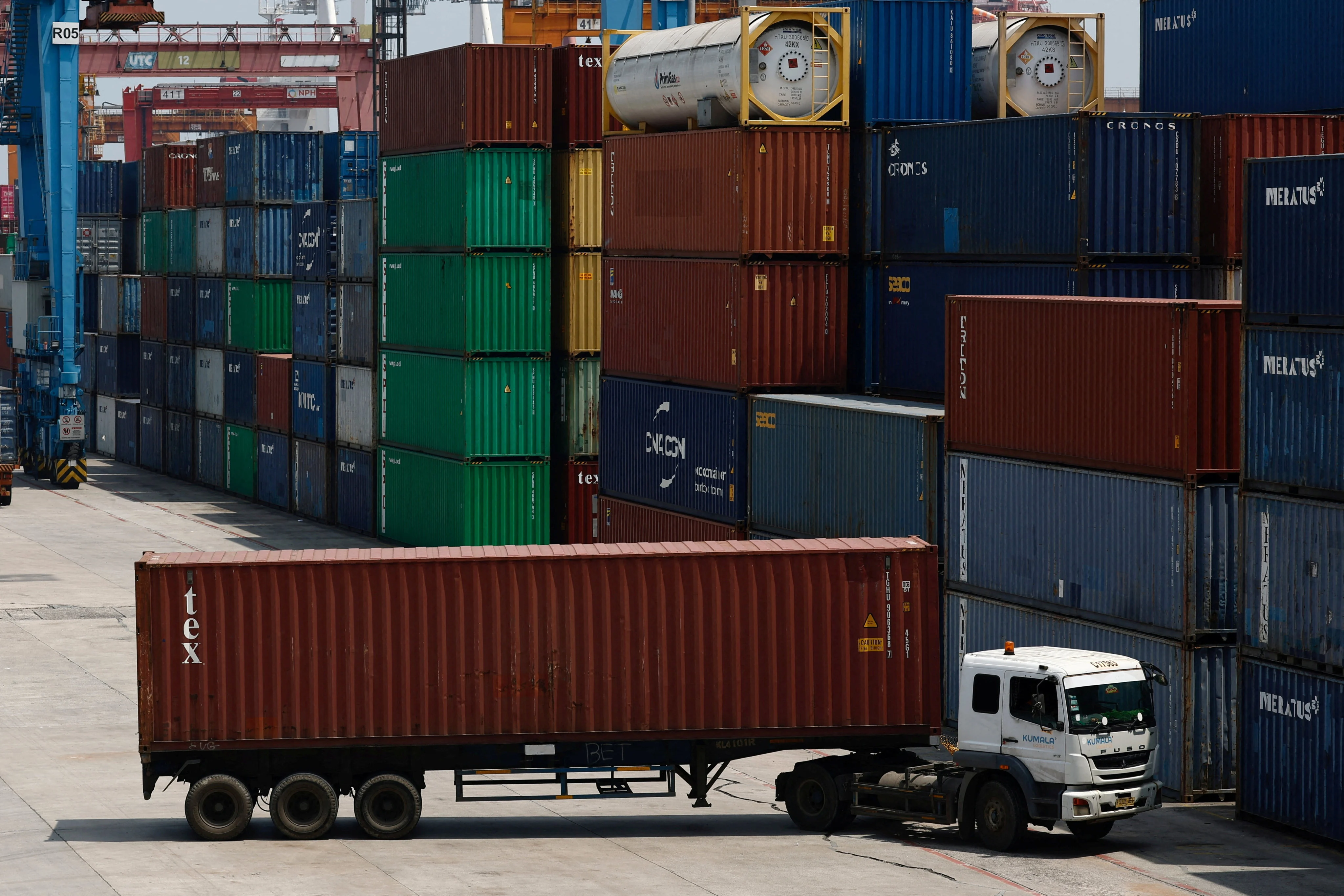By SCMP’s Asia desk
Copyright scmp

Indonesia is racing to contain the fallout from a radioactive contamination scare after traces of caesium-137 were detected in shipments of cloves and frozen shrimp to the United States, prompting import blocks on two major exporters and urgent clean-up efforts in an industrial zone west of Jakarta.
The US Food and Drug Administration (FDA) first detected the radioactive isotope in frozen shrimp in August, followed by a second detection in cloves in late September. While both samples were below the agency’s safety threshold, they triggered regulatory alerts and raised concerns about possible environmental contamination at the source.
In response, the Indonesian government has rolled out health checks, tightened port inspections and placed an entire industrial estate under special oversight, as officials scramble to reassure buyers that the country’s seafood and spice exports remain safe.
Investigators believe the contamination originated from imported scrap metal containing caesium-137, which entered the domestic supply chain through a stainless steel smelter operated by PT Peter Metal Technology in Cikande, Banten province. The facility has been shut down and declared the local source of contamination.
In a press release published on Tuesday, the environment ministry said it had designated the Modern Cikande Industrial Estate a “special incident of caesium-137 radiation pollution”, handing control of the area to a multi-agency task force.
It said the task force had identified 10 radiation hotspots, two of which had already been decontaminated. Radioactive material from those sites had been moved to PT Peter Metal Technology’s warehouse, which had since been sealed. Radiation portal monitors were also deployed at the estate’s gates on Wednesday to ensure that no contaminated goods or personnel could leave the area unchecked.
Security has been ramped up, with police and radiation safety officials cordoning off affected zones, erecting warning signs and using portable detectors to monitor for exposure. The full clean-up and remediation of the site is expected to take several months, though officials say the situation has stabilised.
Bara Khrishna Hasibuan, a senior adviser to the Coordinating Ministry for Food Affairs, explained how the contamination might have reached food production facilities nearby.
“Because it’s airborne, the contamination can be carried by wind. The shrimp packaging facility owned by PT Bahari Makmur Sejati is located less than 2km from the steel plant,” Hasibuan said during a press briefing on Tuesday, as quoted by Antara.
At the same briefing, Zulkifli Hasan, coordinating minister for food affairs and head of the national task force, said Indonesia’s food safety controls remained fully operational and aligned with international standards. He also confirmed that “Indonesia is in touch with the International Atomic Energy Agency and US authorities and sharing findings of the task force”.
The FDA said none of the contaminated shipments entered US supermarkets. However, both PT Bahari Makmur Sejati and PT Natural Java Spice, which exported the shrimp and cloves respectively, have been placed on an import alert list, allowing US border officials to block future shipments unless the companies prove their products are free from contamination.
FDA testing found about 68 becquerels per kilogram (Bq/kg) of caesium-137 in the shrimp sample, and 732 Bq/kg in the cloves – both below the agency’s intervention limit of 1,200 Bq/kg but still flagged due to the potential risks of cumulative exposure over time.



